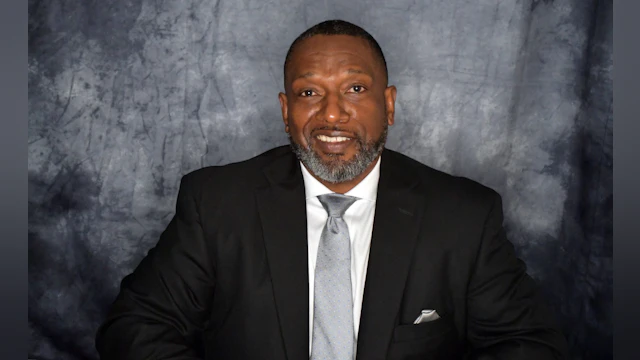Jul. 23, 2019 - July is National Minority Mental Health Awareness Month, which was established in 2008 to bring awareness to the unique struggles that underrepresented groups in the United States face regarding mental illness. Clearly, mental health conditions do not discriminate based on race, color, or gender identity, yet we see stark differences in access to, and utilization of, treatment resources. Approximately 1 in 5 adults in the U.S. (46.6 million) experiences mental illness in a given year, regardless of their race.1 Fewer than half of adults in the U.S. with a mental health condition receive mental health services in a given year. African Americans however, utilize mental health services at about one-half the rate of Caucasian Americans.2 This begs the question: why?
We cannot rule out the impact of historical adversity, which has led to race-based exclusion from health, educational, social and economic resources. Many African Americans today still feel the socioeconomic impact of slavery, sharecropping, and Jim Crowism. Socioeconomic status is linked to mental health, in that people who are impoverished, homeless, or incarcerated are at higher risk for poor mental health. We also cannot rule out the impact of stigma associated with mental illness in the African American community. According to the Health and Human Services Office of Minority Health, African-Americans are 20% more likely to experience serious mental health problems than the general population, yet African Americans are less likely to initiate treatment and more likely to end treatment prematurely.
Literature suggests that African Americans are much more likely to rely on their faith as a coping mechanism for dealing with depression and anxiety than they are to utilize a mental health professional. One study found that 90.4% of African Americans reported use of religious coping in dealing with mental health issues.3 In other words, many African Americans, rather than seeking support in the form of a mental health professional, go to the church.
This is not surprising when one understands the traditional role of the African American Church. There has always been a connection to faith and the emotional well-being of African Americans. I can remember personally, sitting on the front pew of the church, the son of a pastor, watching in awe as my father recited spirited sermons from the pulpit as the congregation hung on every word. After church it seemed that everyone wanted to get close to him. There was something about connection with the faith leader that brought a sense of comfort and familiarity. There has always been an intersection of faith & freedom. It was faith that sustained our African ancestors through slavery. Whether it’s in terms of freedom from physical bondage, spiritual bondage, or mental bondage, faith has been viewed as the key to unlock the shackles. Within the African American community, there was often a belief that no matter how great the burden, prayer was the answer.
The African American church has traditionally been the gateway into the African American community. It has been our access to social services, family counseling, and a sense of belonging. African American faith leaders also play a pivotal role in community messaging about what is important to black & brown people. We have historically looked to our faith leaders for political guidance, and to be the spokesperson when our communities have needed a champion. As stigma is a significant barrier to accessing the needed support and care for individuals facing mental health concerns, the ability for individuals in distress to have a conversation with a trusted faith leader with whom they have a shared history is often an essential component. It is imperative that our faith leaders are equipped to respond appropriately to the lack of mental health resources in our communities while removing barriers to care.
Our faith leaders can play a pivotal role, if we are to move the needle on improving mental wellness in the African American community. My use of the term “wellness” is intentional; a crucial first step in changing the narrative is to change the language. We should focus on wellness rather than “illness.” Illness implies that something is wrong. Wellness lends itself more easily to viewing treatment as preventive.
If we want to strengthen the role of the church in promoting metal wellness, we must:
- Educate church leaders about mental health, make sure they understand that mental health conditions are just as real (and common) as physical health conditions, and that it is likely that several families in church congregations may be experiencing mental health challenges
- Seek opportunities to collaborate and work together with community mental health providers – imagine how much more comfortable a church member would be accessing his mental health clinician virtually from his local church, rather than visiting a clinician’s office
- Opportunity exists for African American churches and mosques to provide depression education and treatment on their campuses – reach out to community stakeholders and invite them to speak to your congregations about mental health, and include mental health when scheduling health fairs
- Encourage churches and mosques to offer Mental Health First Aid Training at their facility
- Prepare church leaders to recognize mental health symptoms, learn how to have an appropriate conversation about it, and refer congregants to mental health professionals rather than trying to “counsel” them themselves
- Recruit trained mental health professionals to church staff
- Find ways to normalize the conversation and increase social support for those experiencing mental health symptoms.
The topic of mental health is still often associated with a sense of shame among African Americans, making it hard for those experiencing distress to reach out for help, and for those who care about them to help connect them to that help. By spreading awareness and understanding about suicide prevention and mental health, the church can become an important place of refuge for those struggling.
